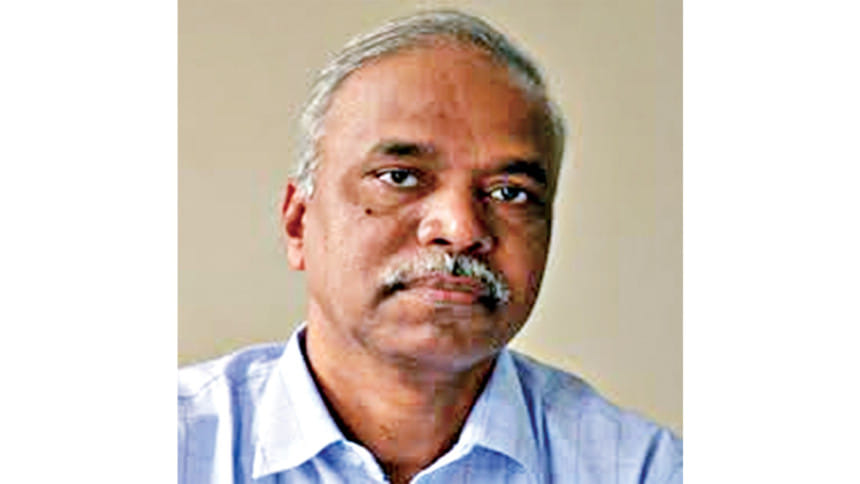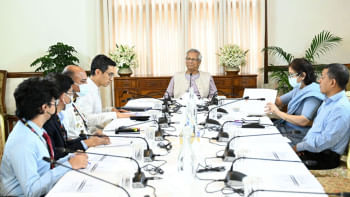'Bangladesh’s deepest inequalities rooted in wages, wealth distribution and opportunities'

Labour Reform Commission chief Syed Sultan Uddin today said Bangladesh's deepest inequalities lie in wages, land ownership, wealth distribution, and access to opportunities, stressing the need for reforms to address them.
Speaking at a citizens' dialogue in Dhaka organised by the Citizen's Platform for SDGs, Bangladesh, he said the commission is preparing a workers' manifesto to hold election candidates accountable to labourers' demands.
"If a candidate seeks votes, he must also answer how he will deliver on workers' rights," Sultan Uddin said.
He said that reforms cannot happen overnight but must begin with recognition of the country's structural inequalities.
Reforms, he added, should shift workers' voices from seeking sympathy to demanding rights.
"Earlier, workers' groups were vocal and rights-based. Now they are often seen as seeking pity. This must change," he said.
The commission chief cautioned that democracy cannot be ensured only through parliamentary elections, noting that autocratic practices have spread into unions, professional bodies, and trade organisations.
"If we cannot democratise unions and trade bodies, reforms will remain at the top and never reach the people," he said.
He also added that any reform agenda must include citizen ownership and strong monitoring.
"We should not just document reforms on websites. Those affected must speak for themselves," he said.
Sultan Uddin urged political leaders to treat elections as a return of ownership to the people.
"Elections must restore power to citizens, not just to 300 MPs," he said.

 For all latest news, follow The Daily Star's Google News channel.
For all latest news, follow The Daily Star's Google News channel. 



Comments